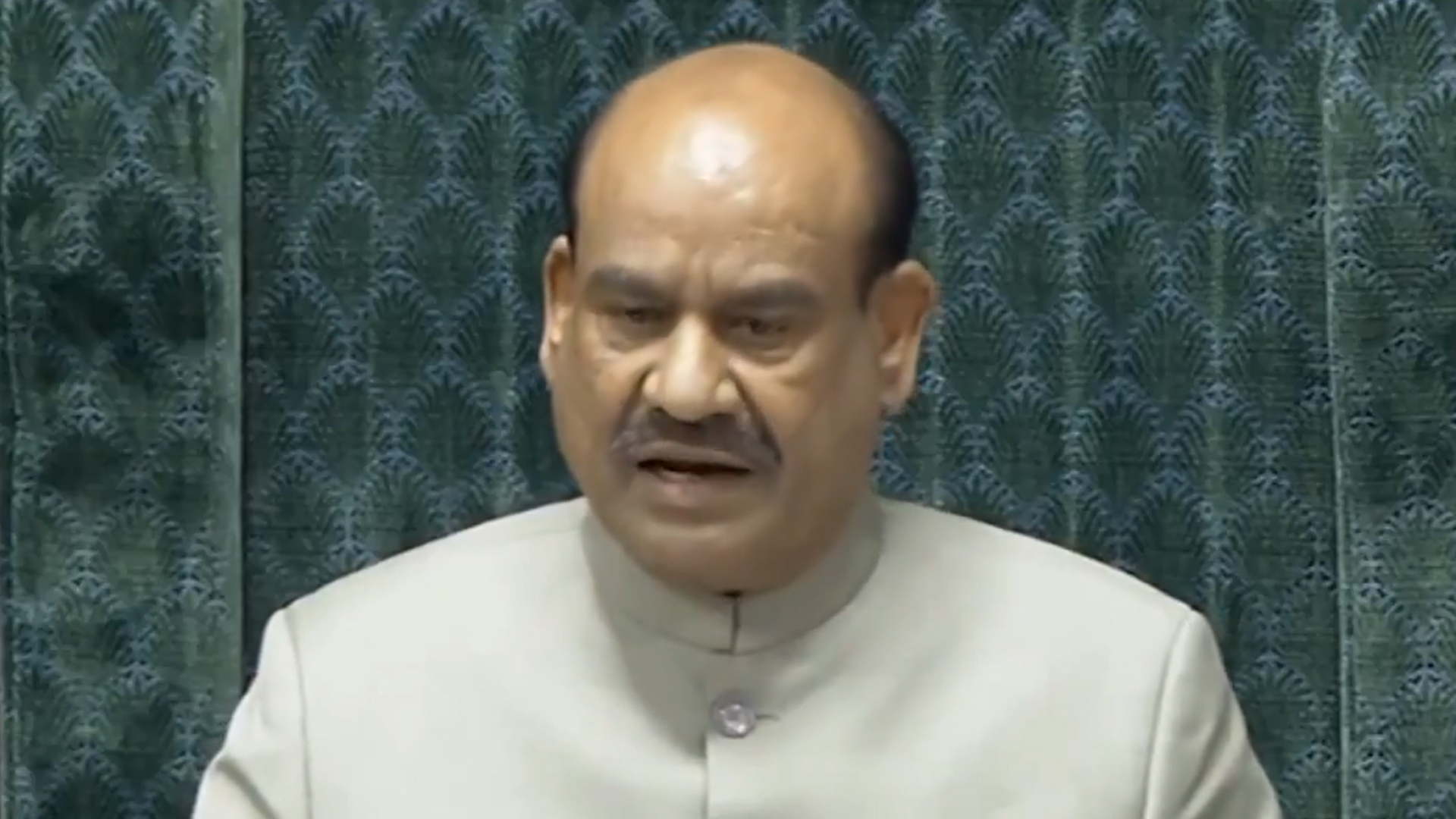After years of relentless conflict and heartbreak, a fragile new chapter showing a horizon of peace may be opening in the Gaza crisis. Israel and Hamas have begun indirect peace talks in Sharm El-Sheikh, Egypt, seeking common ground under the guidance of Egypt and Qatar. This is backed by a bold, controversial peace plan proposed by former U.S. President Donald Trump. This rare diplomatic effort centers on a potential hostage swap, ceasefire, and the future governance of Gaza, offering a slender but vital hope for an end to years of violence.
Since the deadly Hamas attack on Israel on October 7, 2023, which claimed over 1,200 Israeli lives and sparked a relentless Israeli military campaign in Gaza, tensions have only deepened. Gaza’s health ministry reports that more than 67,000 Palestinians have died, and much of the region lies in ruins.
One of the main topics discussed as part of this negotiation talk is the complex hostage-prisoner exchange. This can bring a ray of hope to many Israelis held captive in Gaza, released in return for hundreds of Palestinians imprisoned in Israel. Talks also include the possibility of a temporary ceasefire and a gradual Israeli military withdrawal from parts of Gaza.
However, Trump’s peace plan adds a bold and contentious proposal calling for the creation of a technocratic interim authority to govern Gaza after the war, effectively sidelining Hamas. Trump has even reportedly offered to chair this authority himself. Hamas has firmly rejected any plan that excludes its role or demands full disarmament, which is a key Israeli condition.
Trump has called for a swift resolution, sending his son-in-law Jared Kushner and envoy Steve Witkoff to join the talks. Egyptian President Abdel Fattah el-Sisi has welcomed the plan, describing it as the “right path” to end the protracted conflict.
Yet, deep mistrust runs even when there are talks for improvement in the situation. A recent Israeli assassination attempt targeting Hamas leaders in Qatar cast a shadow over the talks. Israeli military commanders warn that failure in negotiations will mean a return to intense military operations in Gaza.
Still, after two years of ruthless killings and persistent pressure to end the war, these indirect talks provide a fragile but vital chance for diplomacy, and perhaps, a glimmer of peace.






